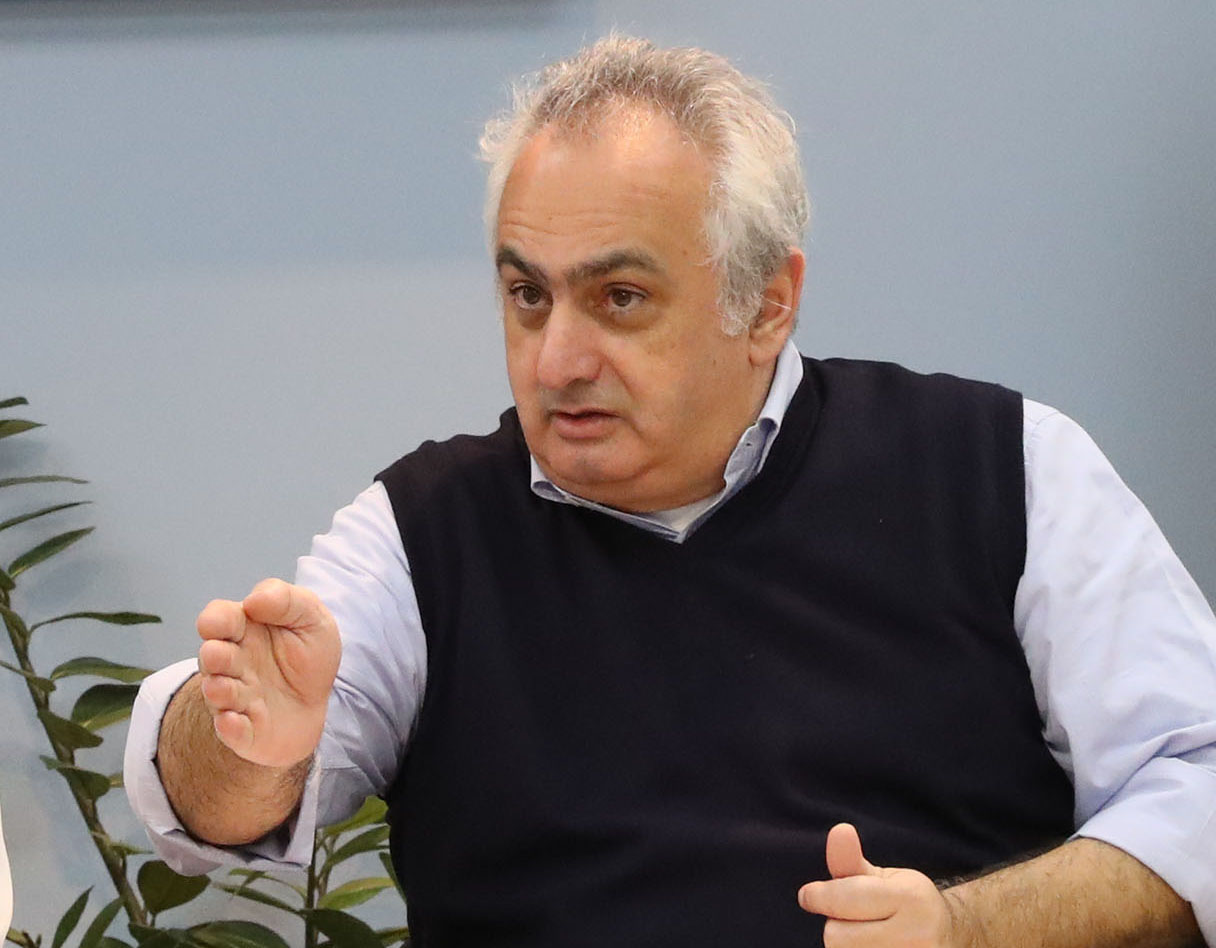Time for Truth Commission on Missing is now

Cyprus has an opportunity to push ahead and establish a Truth Commission on the Missing with a visit by the Council of Europe in early July and also the presence of the UN secretary-general’s personal envoy Maria Angela Holguin.
Leading lawyer Achilleas Demetriades, who is a member of the NGO TruthNow (www.truthnowcyprus.org) working on promoting the benefits of a Truth Commission in Cyprus, commented to the Cyprus Mail about this unique opportunity.
According to Demetriades, work on establishing such a commission could start immediately, as work has already been submitted on a concrete proposal that could be acceptable to both the Greek Cypriot and Turkish Cypriot communities which covers the missing persons from the intercommunal troubles of the 1960s and 1974 Turkish invasion.
He added that a Truth Commission would satisfy the ethical, social and legal requirements within the political realities of the whole issue of missing persons in Cyprus and could become a “groundbreaking measure”.
“We have concrete proposals and Mrs Holguin is preparing her report to the secretary-general. If the president of the Republic supports this, it will amount to a groundbreaking move,” he said.
President Nikos Christodoulides has made mention of a Truth Commission twice since taking office, but has not made a solid move to get the process started on creating the set-up which would upgrade the existing Committee of Missing Persons (CMP).
“Once there is a firm commitment from the president in Cyprus, then the game is on. It is pivotal to have commitment from the Republic of Cyprus,” he explained.
“Do we seek the truth enough to set up a Truth Commission?” he asked, commenting on the necessary commitment by the Republic to get started.
Demetriades said that there was hard work to prepare a concrete proposal for a Truth Commission to upgrade the CMP, and would necessitate an amendment of the UN General Assembly Resolution of 1981 that had established the CMP in the first place as well as agree to amend its Terms of Reference.
“There has been a lot of movement on our side through TruthNow in raising awareness by making contacts and seminars,” he said.
He highlighted that the beginning of July would be another occasion to take a firm stance on creating a Truth Commission with the visit of the secretary-general of the Council of Europe, Marija Pejcinovic Buric,, who would have an important role to play. In fact, Cyprus could become a pilot case for other Interstate applications currently pending before the European Court of Human Rights (ECtHR).
As part of the proposal already put forward, there would be a provision for immunity – enshrined in law – for those that step forward to give evidence.
Demetriades said that this will allow the commission to start work to find out the truth, establish the fate of the Missing and expose the circumstances of disappearance or death.
He added that immunity would be applied as a de jure matter rather than de facto, which has been the case for the last 45 years.
“Proposing to make it de jure, means that any evidence presented to the commission would by law be inadmissible in any criminal, civil, procedures in Cyprus or abroad,” he said.
Demetriades explained that the procedure before the commission should have a mechanism to establish the truth about the fate of the missing individuals.
“Immunity is a huge matter – nevertheless since we are speaking the truth it should be made clear that since 1990 there has been a de facto immunity in Cyprus,” Demetriades said about the issue of the operation of the CMP.
He added that there is no real dilemma of “immunity for truth” because of this, saying that in August 1990 the Greek Cypriot and Turkish Cypriot attorney-generals at the time sent a letter to Paul Wurth, the third, non-Cypriot member of the CMP, to state that they would not prosecute anyone providing information to the CMP.
“This idea of truth in exchange of immunity has been applied in many countries around the world,” he said.
Demetriades added that the “elephant in the room” was Turkey and one had to really deal with its position on the matter.
Turkey has so far failed to pay the €90 million compensation awarded in 2014 in the judgement in the 4th Interstate application Cyprus v Turkey which was issued by the ECtHR and has never effectively investigated the issue of the Missing.
Demetriades explained that with a Truth Commission he proposes that Turkey would be called pay the damages awarded. In his proposal, he highlights that Turkey could pay a lump sum of €30m through an escrow payment to the Council of Europe for the Missing, and the other €60m for those who were enclaved in the north by Turkey to the Republic of Cyprus to give to the people affected.
The smaller amount would be for the families of the 1,510 Greek Cypriot Missing, whose cases were submitted to the CMP.
Along with this the Republic of Cyprus could also make a payment (without accepting liability) of €10 million for the 492 Turkish Cypriot families that had also been reported missing.
Demetriades said: “Through this we achieve the truth for families as well as society, and perpetrators are given a chance to provide information and express remorse in exchange of immunity.”
He added that there are enough people and expertise around to help Cyprus for the establishment of a Truth Commission, including the UN, the Council of Europe, and the EU.

Demetriades used Holguin as an example, highlighting that she has worked on a Truth Commission established as a result of the peace process in her home country of Colombia.
In his message to the authorities to move with the Truth Commission for the Missing in Cyprus, Demetriades paraphrased John Lennon.
“Give truth a chance,” he said.
